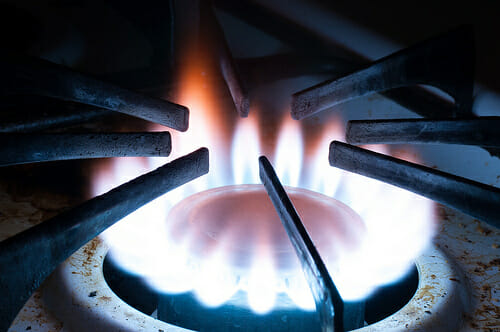Carbon monoxide is a silent killer that continues to claim lives each year as a result of faulty natural gas appliances. As a property manager, you have a number of legal obligations that are designed to protect the health and welfare of your tenants, as well as anyone else who may visit your property. If your property includes a gas supply, there are certain steps that you should (and must) take in order to comply with legislation and ensure that your tenants are safe and protected.
Your Legal Obligations
Here in the UK, property managers have a duty to arrange for an annual gas safety check using a qualified professional. They also must provide tenants with a copy of the gas safety certificate within 28 days of the test being carried out, and are advised to keep a copy in their own records too. US state laws vary, but as a rule of thumb it’s good to know that the bare minimum expected in most states is that the property should remain in a habitable condition. This includes the upkeep of any gas appliances.
Gas Safety Checklist
- Only use certified engineers to carry out installations, services and repairs
- Arrange annual inspections and maintenance for all gas fittings
- Provide advance notice of inspection dates and work with tenants to gain access to the property
- Maintain records of safety checks dating back at least 2 years
- Provide tenants with a copy of each gas safety certificate and keep a copy for your records
- Carry out a visual check of all appliances before the start of a new tenancy, even if the gas safety certificate is still within date
- Never use second-hand gas appliances
- Provide your tenants with manufacturer’s instructions to all gas appliances
- If an appliance does not pass the safety check, then it will be disconnected, and it’s your responsibility to arrange for repairs or a replacement.
Your Tenants’ Duty
It isn’t possible for property managers to monitor the ongoing status of gas appliances in-between inspections, so your tenants should also take some responsibility for gas safety in your property. It is important for you to provide them with confirmation of their duties in writing at the beginning of the tenancy so they understand and are aware of their role.
Tenants must never undertake any work on a gas installation themselves. They should inform you immediately if they suspect any appliance to be unsafe, and they should be informed of how to turn off the main gas supply in the event of an emergency.
By understanding your obligations and following these simple steps, you can take all reasonable steps for maintaining your property, retaining its value, and protecting your tenants from the risks associated with faulty gas appliances.
How do you handle gas safety in the properties you manage? What other advice, tips, or cautionary tales would you give? Share your thoughts in the comment section below.
Read more on Maintenance
